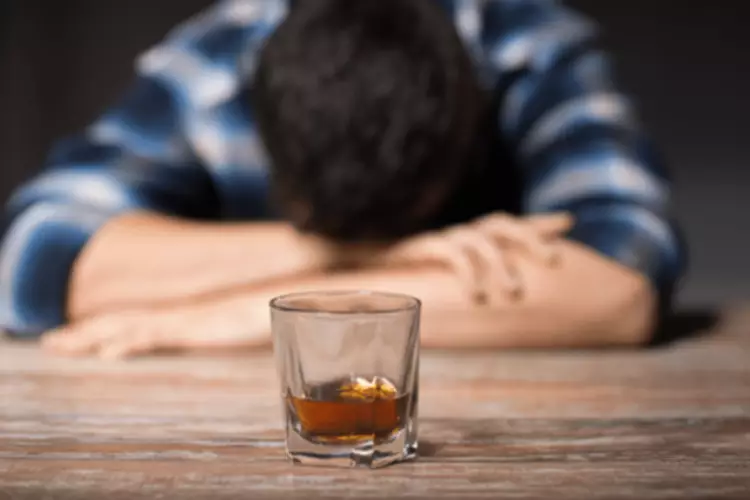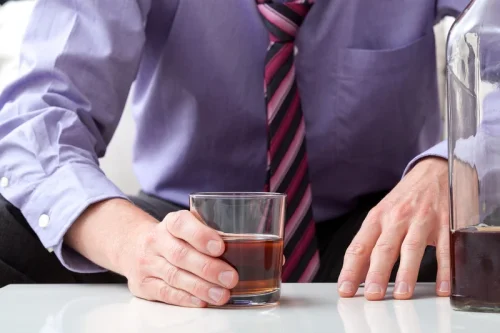
CBD can potentially interact with other medications to cause side effects. During drug trials for Epidiolex, the FDA determined liver injury to be a side effect of CBD. Signs of liver injury showed up on blood work used to detect early problems with the liver. You can manage this risk by only taking CBD under the supervision of your doctor. Research surrounding CBD is ongoing, and there are many questions that researchers do not have the answers to yet, such as whether or not the means of taking CBD impacts the risks or efficacy.
Cannabidiol use and effectiveness: real-world evidence from a Canadian medical cannabis clinic
Some common means of taking CBD include inhaling through a vaporizer, ingesting through food, or taking orally as a pill. Before using CBD products, a person should speak with a qualified healthcare professional about appropriate dosages. All other CBD products fall outside FDA regulations, so there are no official guidelines for their dosage.
- Researchers have been looking at the possible therapeutic uses of CBD.
- Adolescent users are at increased risk of psychological disorders from THC.
- The National Cancer Institute (NCI) says that CBD may help alleviate cancer symptoms and cancer treatment side effects.
- High CBD doses activate TRPV1 receptors promoting anxiolytic effects [17].
Is CBD the same as cannabis?

Authors of a 2015 review found evidence that specific cannabinoids, such as CBD, may help people with opioid addiction disorders. In the United States, CBD oil is legal in some states, but not all. Certain states that have legalized CBD for medical use may require users to apply for special licensing. It’s also important to know that the FDA hasn’t approved CBD for any medical conditions.
- Both treatments were safe and significant clinical improvement was achieved, but CBD had a better side effect profile.
- Side effects of CBD could include nausea, fatigue, and irritability.
- We’ve partnered with Medterra to bring you this article covering six evidence-backed health benefits of CBD.
- However, pretreatment with CBD (25 mg/kg) reduced magnitude and duration of THC-induced bradycardia [103].
Where does CBD come from?
Cytochrome P450 (CYP450) is a liver enzyme your body uses to break down some drugs. That means taking CBD oil with these drugs could have a more substantial effect than you need or make them not work as well. CBD oil can interact with medications, including many used to treat epilepsy. One of the reasons for this has to do with how your body breaks down (metabolizes) drugs. In another trial, schizophrenic patients were given 600 mg per day of CBD oil for six weeks.
Sources of CBD Oil and What to Look For
That’s why it’s crucial to get lab-tested products sold by reputable manufacturers. A COA clearly states the ingredients and amounts of each to ensure consumer safety and transparency. While it no longer considers CBD a drug on its own, CBD can be in the drug Epidiolex, which the FDA approved to treat seizure disorders. However, these methods of use link to more severe side effects and long-term complications, including lung injury. CBD gummies and other edibles are the most popular way to take CBD, according to a 2023 Healthline survey of 1,044 U.S. adults who currently use, have used, or would be interested in trying CBD products.
Dosage: How Much CBD Oil Should I Take?
The effectiveness of the above dosages varied in the studies’ results. To find out whether a CBD product is safe and to determine the effective dosage, people should consult a doctor. According to the 2020 review, dosages in clinical research vary considerably depending on the administration method and the health condition. As the FDA has only approved the use of CBD for specific forms of epilepsy, doctors may not know what dosage people should take when they use it for other reasons. This article looks at CBD dosages, including current research, factors influencing dosage, and the possible risks of using CBD products.

The baseline average daily doses for CBD and THC are presented in Table Table3.3. The maximum initial CBD dose recorded (156 mg) was prescribed is cannabidiol addictive for the treatment of pain of one patient. The maximum THC dose recorded at FUP1 (90 mg) was prescribed for two patients for the treatment of pain.


